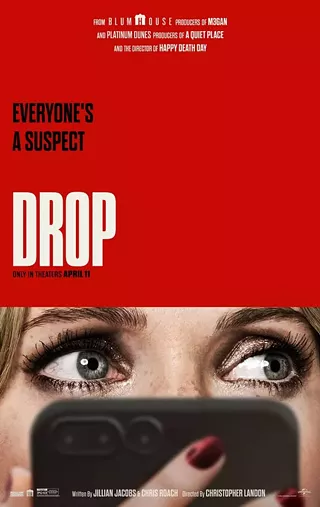Believe it or not, there was a time when we didn't trust the Russians. Shocking, right? Anti-Soviet fervor blacklisted Hollywood (it's the subject of the upcoming Trumbo with Bryan Cranston), infected the halls of government and even changed the Pledge of Allegiance to include the words "under God," added in 1954 to differentiate us from the atheist superpower behind the Iron Curtain.
While the Cold War continued for decades, it was never as tense or intense as it was between the end of World War II and the Cuban Missile Crisis. It was marked by its espionage, with double agents and compromised state secrets being everyday affairs.
In 1957, the FBI arrested Rudolf Abel, a Russian spy living in New York. Half a century ago, it was still believed that enemy combatants deserved a fair trial, so Abel (Mark Rylance) is assigned to James Donovan (Tom Hanks), who had served as a prosecutor on the infamous Rosenberg spy trial, but had since moved into insurance law. As the attorney notes in their first meeting, this would be a new experience for both of them.
Bridge of Spies teams Hanks with Steven Spielberg for the fourth time, and you can tell that this is subject matter both men love. There is the spy craft, of course, the machinery of a heavy bureaucracy and also a shared respect for the way things were when both men were kids. Spielberg is pretty even throughout, although he does rush the story in a few spots, but this is not a film he directed so much as it is a film he made. He's leaving the technical innovations behind for this one.
Donovan serves Abel dutifully, but then is handed another encounter with fate when he is asked to swap his client with the Soviets in exchange for Francis Gary Powers, the CIA pilot who was shot down in his U2 spy plane. The directive sends Donovan to East Berlin, which, walled off and impoverished, is a world unto itself, largely frozen by fear.
Maybe it's because this story has plenty of traction in history or because there are only so many possible outcomes, but Spielberg and Hanks do have a little fun with it. Parts of Bridge of Spies play like a comedy, albeit one of errors, and the lighter tone will probably keep you more engaged than if it were treated with more gravity. For his part, Tom Hanks can do these everyman roles in his sleep. It's been gratifying to watch his recent resurgence; how weird is it that audiences just got bored with such a natural actor who also developed a great eye for material that suits him? It's good to have Hanks back, lending his special sauce to a film that would be sorely lacking without it.
The big takeaway from Bridge of Spies is neither Hanks nor Spielberg, though. It's Mark Rylance. He's a Shakespearean actor who has played everyone from Hamlet to Cleopatra on the London stage, and he won a Tony last year for alternate-night performances in Richard III and Twelfth Night. He doesn't do much film work, but that's likely to change if he wants it to. His reservoir of calm is incredibly deep in Bridge of Spies, and you come away convinced that the actor might even be a better secret agent man than the person he's playing. He reveals a lot through his eyes while never saying much at all.
Bridge of Spies is the sort of movie you'd expect out of a director as he approaches 70. It's steady, reliable and polished, but not adventurous. There's no crime in that, though; if Steven Spielberg hasn't earned the right to ease up a bit, then who has?









